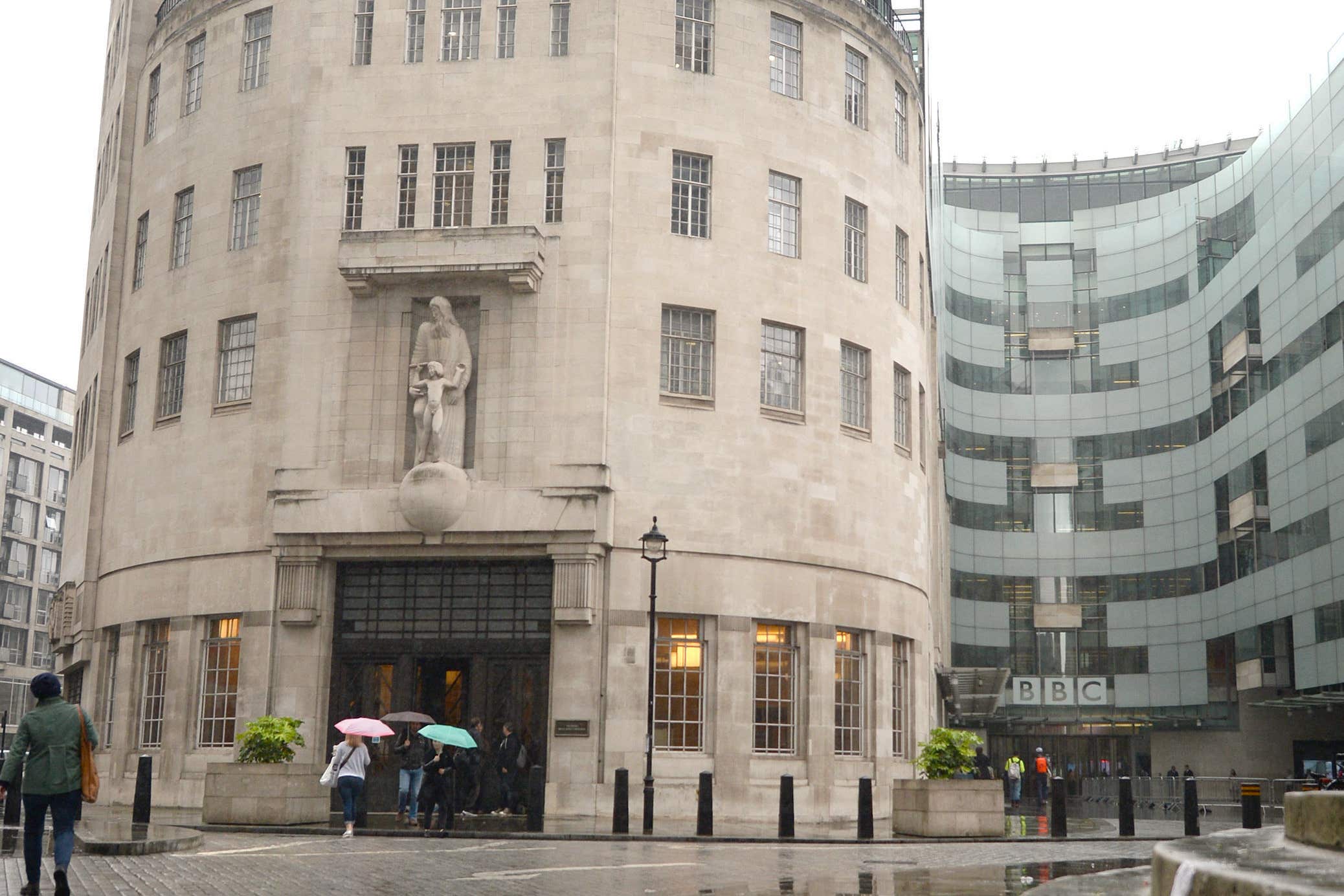BBC journalists to vote on industrial action in local radio programming row
The NUJ said its members working for BBC England are being balloted over proposals to share local radio programming across the network.

Your support helps us to tell the story
From reproductive rights to climate change to Big Tech, The Independent is on the ground when the story is developing. Whether it's investigating the financials of Elon Musk's pro-Trump PAC or producing our latest documentary, 'The A Word', which shines a light on the American women fighting for reproductive rights, we know how important it is to parse out the facts from the messaging.
At such a critical moment in US history, we need reporters on the ground. Your donation allows us to keep sending journalists to speak to both sides of the story.
The Independent is trusted by Americans across the entire political spectrum. And unlike many other quality news outlets, we choose not to lock Americans out of our reporting and analysis with paywalls. We believe quality journalism should be available to everyone, paid for by those who can afford it.
Your support makes all the difference.BBC journalists are to vote on industrial action in a dispute over planned changes to local radio programming.
The National Union of Journalists (NUJ) said its members working for BBC England are being balloted over proposals to share local radio programming across the network.
The union said that, under original proposals, BBC local radio stations would share programmes with neighbouring stations after 2pm on weekdays and at weekends, which the NUJ said would lead to a loss of posts and journalists having to re-apply for their own jobs.
A compromise put forward by the BBC which the union said would have seen less sharing was rejected by 70% of NUJ members.
The union said it now has no option but to move to a formal ballot.
The journalists involved work for local radio and TV and online in England.
NUJ national broadcasting organiser Paul Siegert said: “There is real anger about the BBC’s plans for local radio, which will result in 5.7 million people getting a much-reduced service.
It will completely undermine the BBC’s public service remit and take the 'local' out of local radio
“It will completely undermine the BBC’s public service remit and take the ‘local’ out of local radio.
“We expect there to be an overwhelming vote for action. The union has made it plain that it supports the BBC’s expansion of digital, but believes it can be done without destroying local radio.”
The BBC has been approached for comment.
Jason Horton, director of production, BBC Local, says: “Our goal over the next 12 months is to modernise our BBC Local services in England to strengthen our online provision for communities across the country.
“We have listened carefully to the feedback we have received about proposed changes to BBC Local Radio programming.
“As a result, we are making a number of amendments to the original plan in order to strike the best possible balance between live and on-demand services.”